The Biology Department is excited to announce that it has 10 courses to offer in our Spring 2024 Semester of Immersion. This immersive semester has three sessions, and each session has three to four courses. Each session is 5 weeks long.
Each immersion course is 4 credits, for a total of 12 credits for the immersion semester. We recommend that you take one class per session for three courses total, and we generally do not recommend taking additional classes outside of the immersion offering. Registering for all 3 sessions is not required.
There will be 5 scholarships, each of $500, available to students to help defray the costs of immersion courses. Approximate costs, which will appear as student fees in your account, are listed with each course description below.
Please see below for important dates:
Deadline for ALL applications has been extended until September 12, 2023
Semester of Immersion Course Application
Semester of Immersion Scholarship Application
Please note that instructors may ask you to interview in addition to your application.
Session 1 – January 8th – February 9th, 2024
Title: PCB4917 – Microbiomes of Animals and Ecosystems
Instructor: Dr. Chris Dutton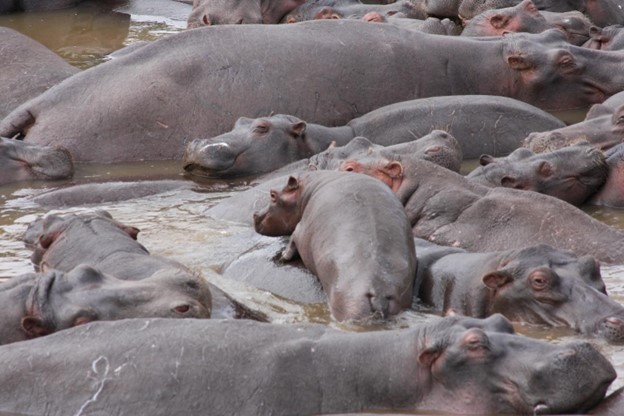
In this skills-based course, our ultimate goal is to learn about the interactions between animal and environmental microbiomes. We will focus on exploring the following questions:
- Why do different animals have different microbiomes and how does this relate to their diet?
- How do wild and captive animal microbiomes differ and what are the conservation implications?
- How does the environment structure an animal’s microbiome?
We will learn about how to conduct a basic microbiome study using captive Zoo animals of conservation concern. As part of this, we will work with Zoo staff to identify interesting questions related to captive animal microbiomes, collect samples, extract DNA, prepare sequencing libraries, then sequence the samples to reconstruct the microbiomes of the animals and their immediate environment. This course will involve the use of HiPerGator and the R statistical programming language. The final project of the course will be a full workflow documented in R markdown and a brief presentation to the Zoo staff. This course will involve several trips to a Zoo and developing a working relationship with the Zoo staff.
Format: Lectures, field trips, laboratory work, data analysis, presentations, no exams. Notes: Course will primarily be held of UF’s main campus with several field trips.
Estimated cost to attend: $100
Title: PCB4917 – Molecular and Genetic Responses to Environmental Stress
Instructor: Dr. Keith Choe
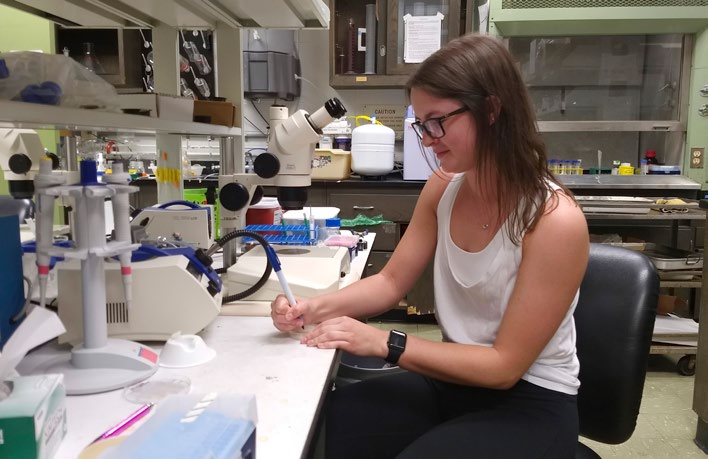
Natural and man-made changes in the environment can put tremendous stress on the ability of organisms to maintain homeostasis affecting human health, agriculture, and biodiversity. We will explore fundamental principles of cellular homeostasis and learn modern molecular and genetic research tools that are revealing insights into how cells detect environmental stress and activate protective genes and proteins.
Students will participate in classroom discussions, conduct authentic genetic and molecular lab work, and summarize results in short written and oral presentations. Experiments will be limited to non-vertebrate organisms including the model nematode Caenorhabditis elegans. We will also take field trips to sites that highlight environmental conditions in Florida.
Format: Lectures, laboratory research, fieldtrips.
Estimated cost to attend: $125
Title: ZOO4485 – Marine Mammal Biology
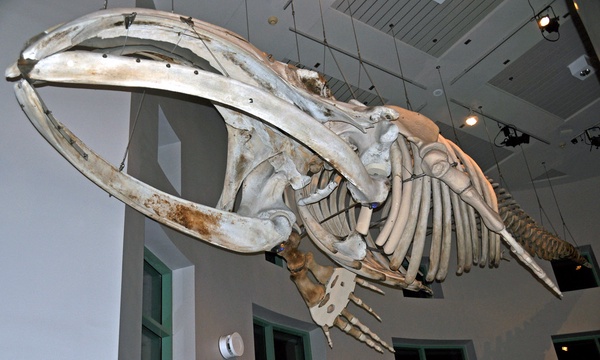 Instructor: Dr. Stefanie Gazda
Instructor: Dr. Stefanie Gazda
This course will provide an understanding of a charismatic group of species, the marine mammals (cetaceans, pinnipeds, sirenians, sea otters and the polar bear), including evolutionary biology, physiology (locomotion, diving, thermoregulation, osmoregulation, reproduction), ecology (foraging/feeding behavior, distribution and habitat use, population dynamics), conservation and management.
There will be several field trips throughout the course to both coastal areas and rehabilitation facilities. Students will participate in lectures, classroom
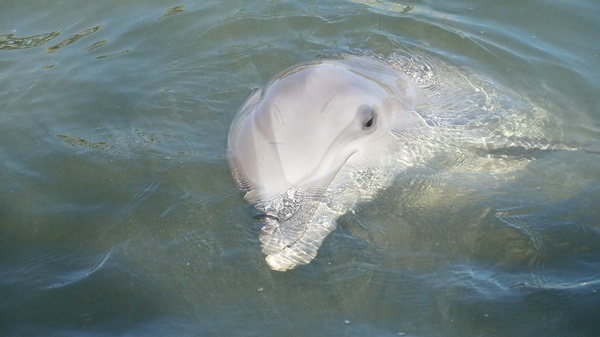
discussions and laboratory work (digital as well as dry).
Format: Lectures, research and data analysis, fieldtrips.
Estimated cost to attend: $750
Title: PCB4460 – Field Ecology & Data Analysis
Instructor: Dr. Jeremy Lichstein
In this course, we will learn how to do field ecological research, including collecting field data, analyzing field data, and communicating results. Each week, we will have several trips to local field sites to learn natural history and collect data, as well as classroom sessions for data analysis and class discussions.
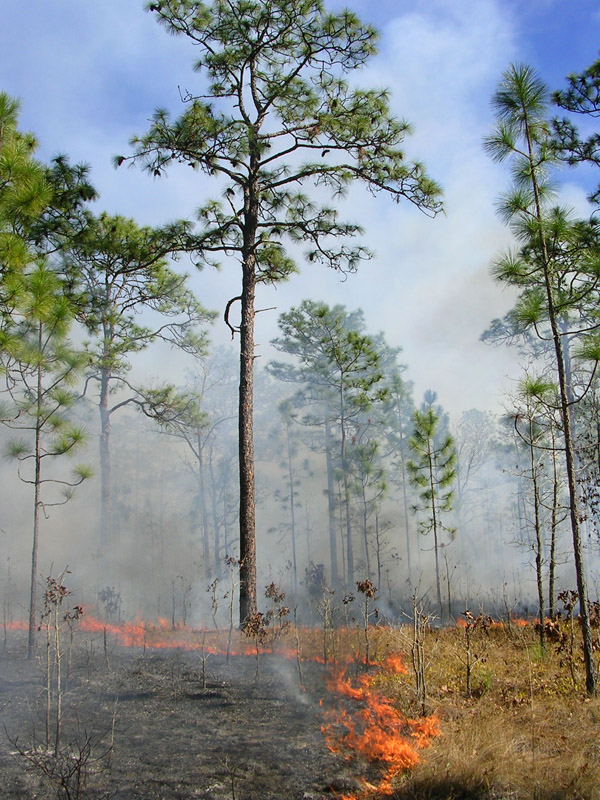 Data collection and analysis will focus on three main class projects: (1) studying forest structure and tree diversity at the Natural Area Teaching Laboratory (NATL) on the main UF campus; (2) studying bird-habitat associations at Sweetwater Wetlands Park (off campus); and (3) studying the dynamics of gopher tortoise burrows and their effects on plant communities at the Ordway-Swisher Biological Station (off campus). Van transportation will be provided for off-campus field trips.
Data collection and analysis will focus on three main class projects: (1) studying forest structure and tree diversity at the Natural Area Teaching Laboratory (NATL) on the main UF campus; (2) studying bird-habitat associations at Sweetwater Wetlands Park (off campus); and (3) studying the dynamics of gopher tortoise burrows and their effects on plant communities at the Ordway-Swisher Biological Station (off campus). Van transportation will be provided for off-campus field trips.
An important learning objective of this course is to develop data analysis skills using the R software package. R is the most widely-used toolset for statistics and other quantitative analyses in ecology and many other fields of science. An introduction to R is essential for students who are interested in developing their research skills.
Format: Field trips, data analysis, projects, no exams.
Estimated cost to attend: $15
Session 2 – February 12th – March 21st, 2024
Title: PCB4460 – Desert Biodiversity
Instructor: Dr. Norman Douglas
In popular imagination deserts are desolate wastes of sand and rock. In reality, they are home to thousands of interesting and unique species of plants and animals with incredible adaptations to survive in arid conditions.
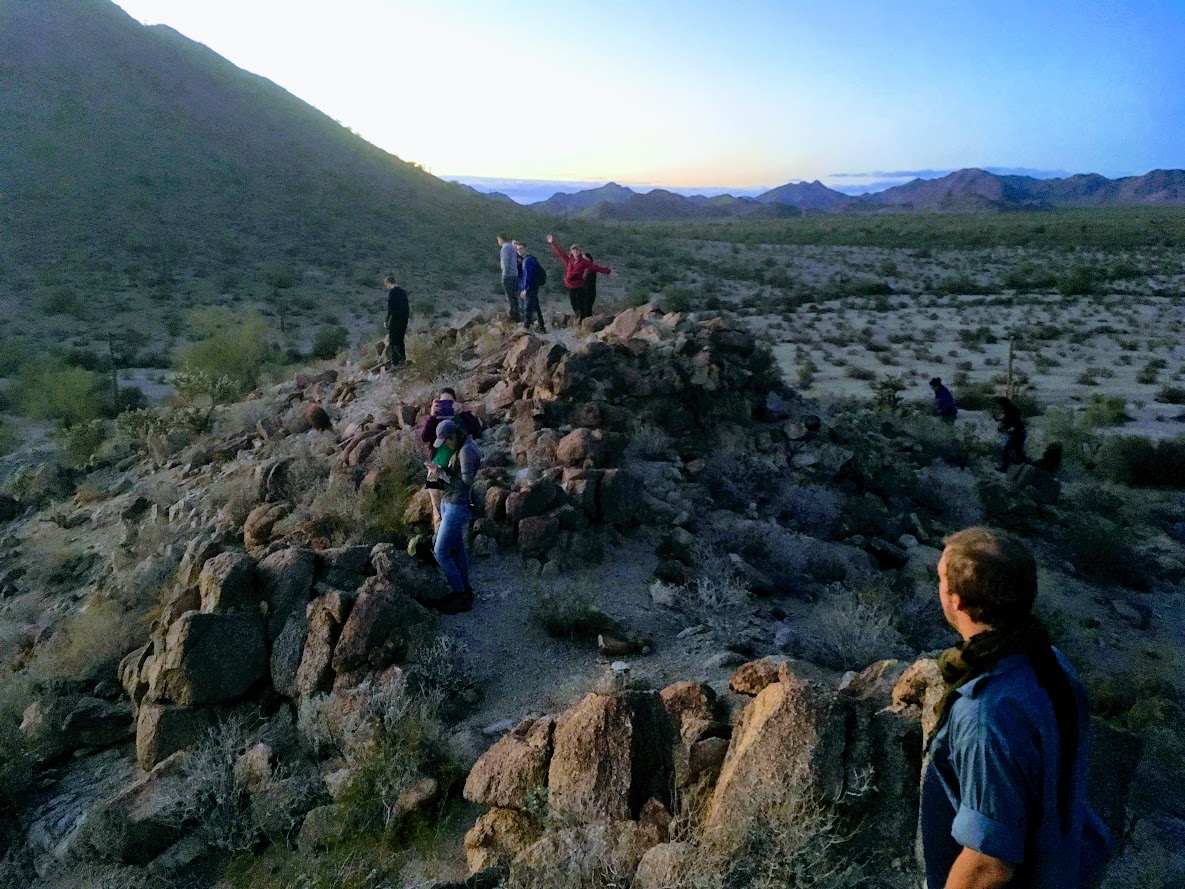
“Desert Biodiversity” is designed to let students experience the excitement of making their own discoveries in natural history, while cultivating concrete skills in documenting observations of species, habitats, behaviors, and ecosystem-level processes particular to dry environments, as well as ecological impacts resulting from human activity.
The course begins in Gainesville, with preparation for the field through talks, readings, discussion, and other activities designed to help students take the greatest advantage of a roughly two-week field experience in the Mojave and Sonoran Deserts of the southwestern United States. Topics covered include conspicuous plants and animals, desert adaptations, and ecology and global distribution of deserts. In addition, students explore the tools and practice of biodiversity science and scientific natural history, including community science and big-data approaches to synthesizing knowledge of wild organisms.
In the field, these new skills are practiced in areas that showcase desert life, including Death Valley National Park, Joshua Tree NP, the Anza-Borrego Desert, and Organ Pipe Cactus National Monument along with rarely-visited sites that conserve essential landscapes and wildlife on a vast scale.
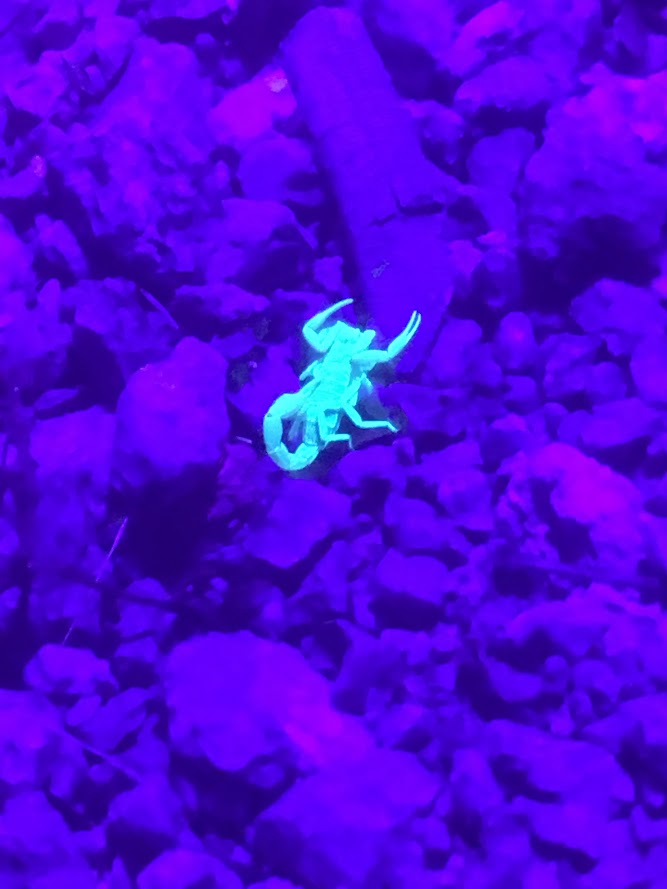
Emphasis is placed observing the biota, asking original questions related to desert organisms, understanding their adaptations to withstanding and avoiding the inherent challenges of desert life, along with those brought on by humans.
Format: Intro. activities at UF, field excursions in AZ and CA, individual and group small projects, data analysis & presentations.
Estimated cost to attend: $900, plus meals & airfare to & from field location.
Title: PCB4460 – Microbial Life in the Oceans
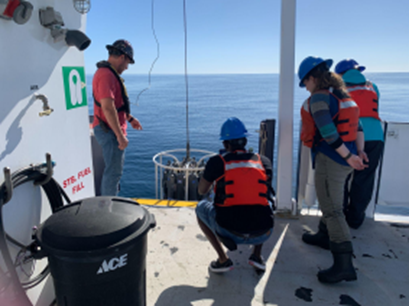
Instructors: Dr. Bryndan Durham and Dr. Nicole Lynn-Bell
Welcome to the world of ocean microbes! There are about 1 million microbial cells in every drop of seawater. These microbes form the base of the ocean food web and carry out vital ecosystem services. Our understanding of the marine microbial world has rapidly expanded with use of innovative molecular and chemical tools to uncover previously hidden taxonomic diversity, spatiotemporal distributions, and novel metabolic functions.
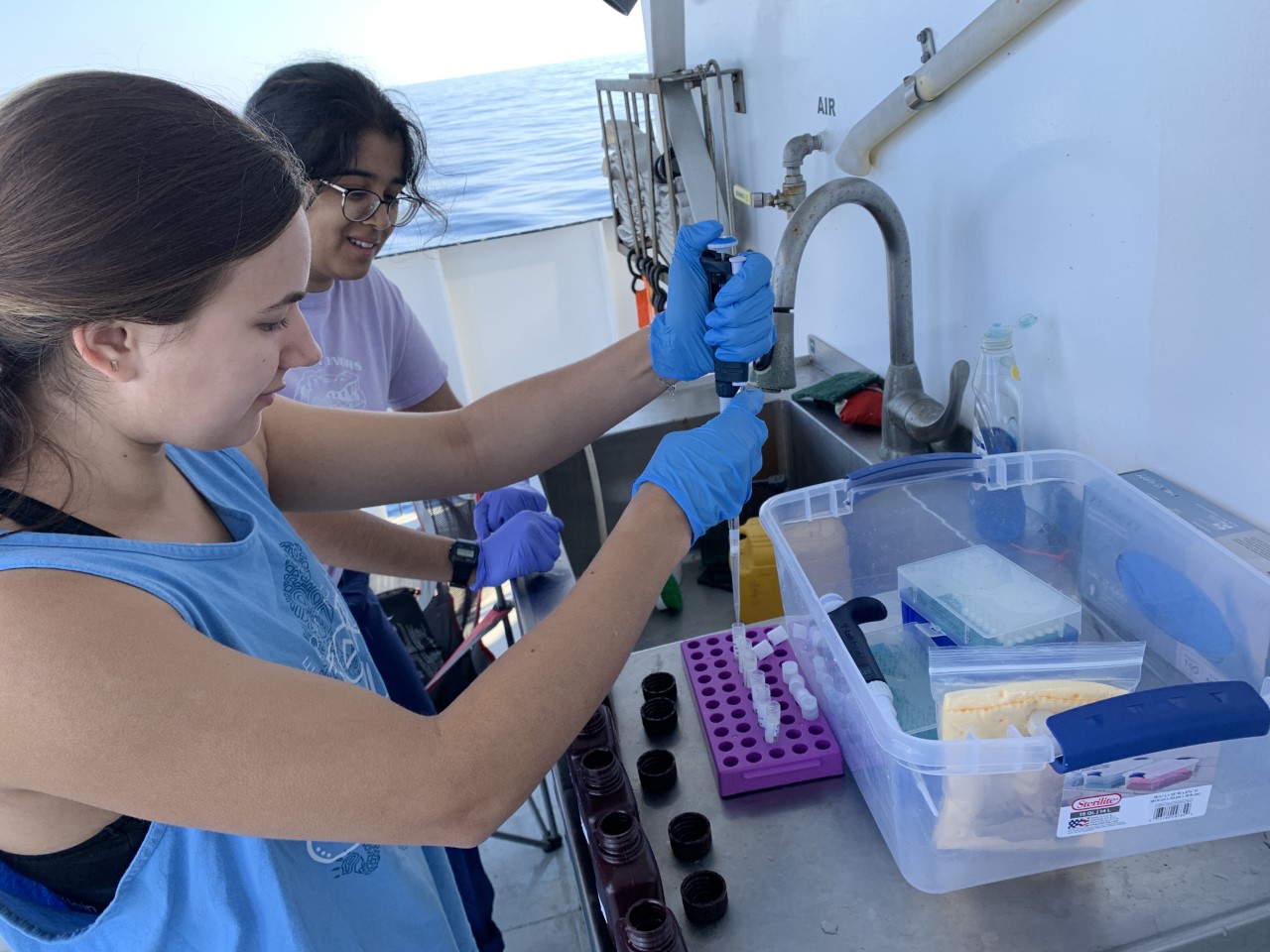
In this course, students will gain exposure to these emerging research tools and investigate marine microbes from molecular to ecosystem scales. The course will focus on diversity and dynamics of phytoplankton and bacterial metabolism in the surface ocean. This interdisciplinary course offers a combination of laboratory, fieldwork (multi-day research cruise), and data analysis opportunities. Students will gain research exposure in a variety of microbial oceanography topics that include marine biogeochemistry (e.g., primary production, organic matter, nutrients), marine microbe classification (e.g., microscopy, DNA sequencing), and metabolite identification (e.g., metabolomics). Students will take part in an authentic research expedition in the Gulf of Mexico, and they will carry out wet bench techniques and data analysis at UF.
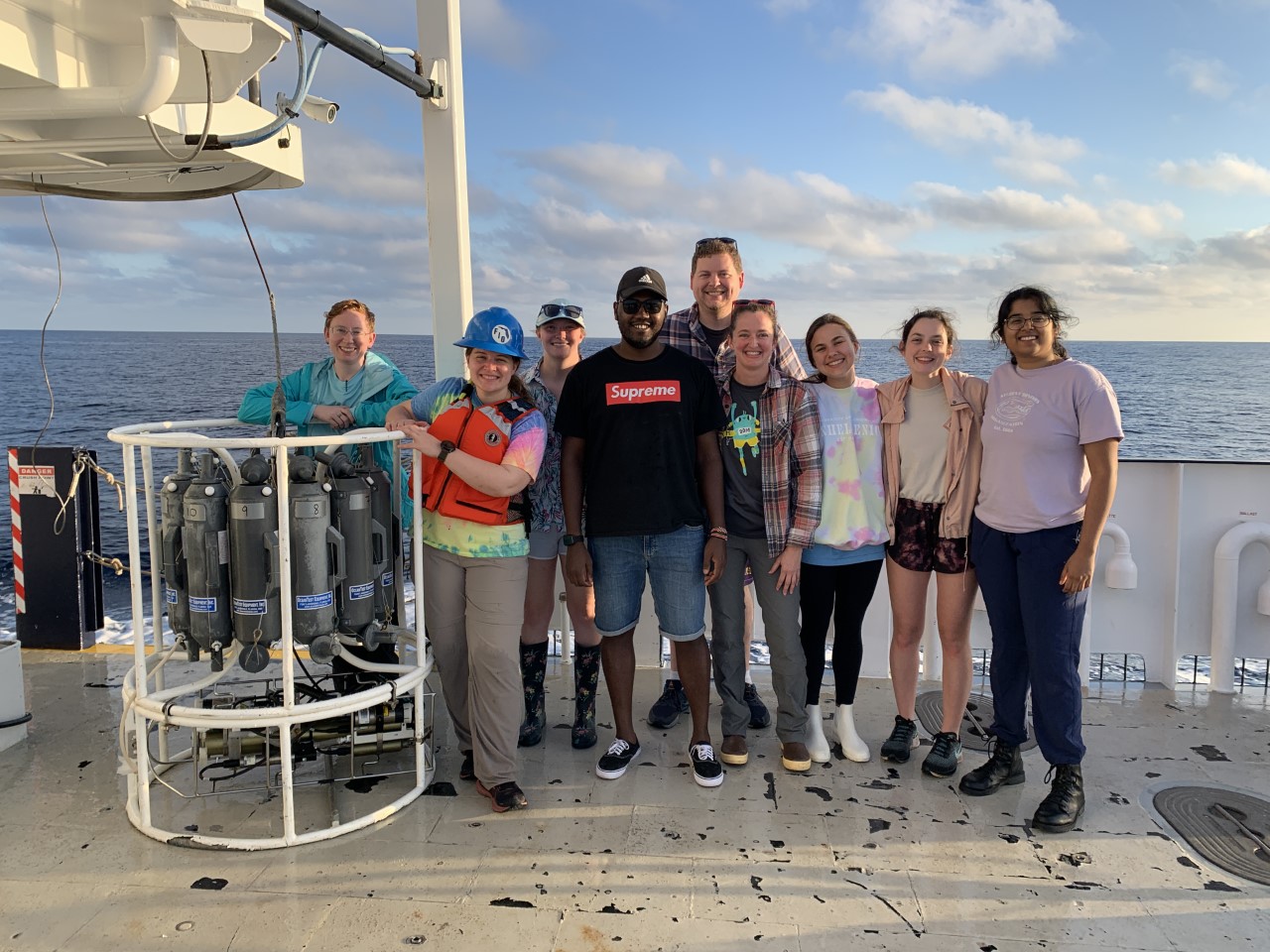
Format: lectures & lab activities at UF; multi-day Gulf of Mexico research cruise; oral & written projects; no exams. No textbook.
Estimated cost to attend: $0, all course costs will be covered by an NSF grant.
For additional information, please visit the course Website: https://gomicrobes.org
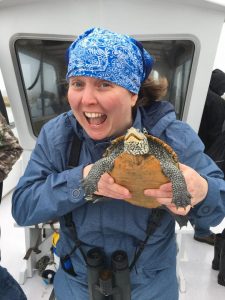
Title: PCB4460 – Marine Ecology
Instructor: Dr. Melissa Meadows
This course will take advantage of the wide array of marine habitats in Florida as the perfect backdrop to explore marine ecology. We will explore organismal biodiversity, adaptations, and interactions during field trips to the Whitney Laboratory for Marine Bioscience, the Nature Coast Biological Station on Seahorse Key, the Florida Keys, and the Dry Tortugas.
A comparative approach will be applied to our explorations of the Gulf and Atlantic coasts of Florida, habitats more and less impacted by human activities, rocky vs. mudflat intertidal zones, salt marshes vs. mangroves, the reefs of the northern Keys vs. the Dry Tortugas, springs (manatees!!!), sea grass beds, oyster beds, and more! About 4 weeks will be spent in the field with the remainder on campus at UF.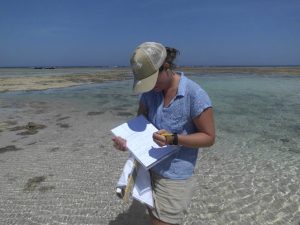
Format: Lectures and field trips.
Estimated cost to attend: $1,950
Session 3 – March 22nd – April 24th, 2024
Title: PCB4460 – Parasite Biodiversity
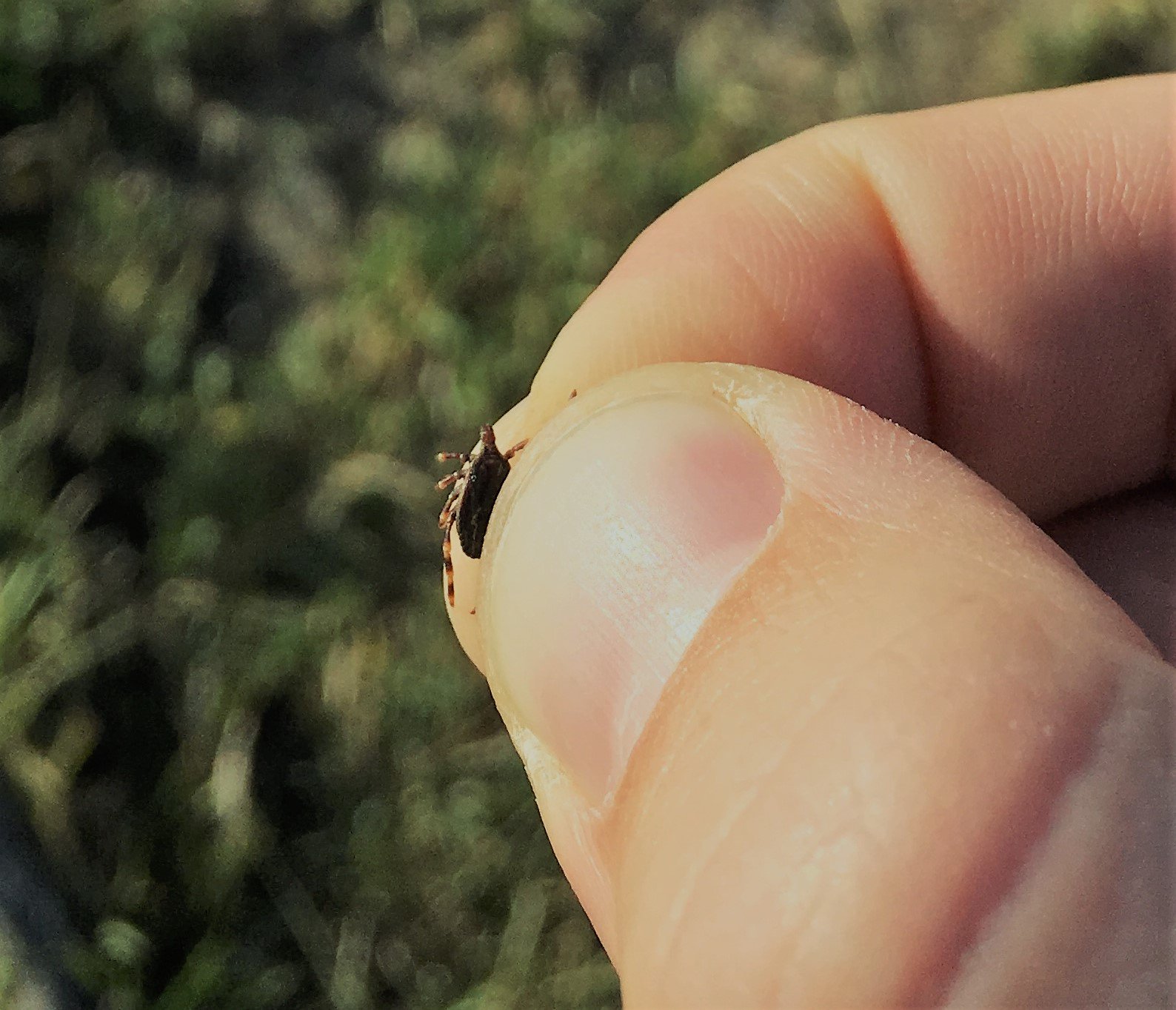
Instructor: Dr. Nick Keiser
Parasites are diverse and ubiquitous across every ecosystem on the planet. This course uses a hands-on approach to the study of parasite biodiversity across different hosts and environments. We will use lab space on UF’s campus and several day trips and overnight field trips to habitats around Florida: coastal marine/estuarine, wetlands, Florida scrub, and forests.
We will visit biological field stations, research facilities, biodiversity collections, and state parks. Students will also read primary literature in the fields of parasitology and disease ecology as a group. Students will work in groups to develop research projects using a diversity of tools to discover and identify parasites in a host of their choosing.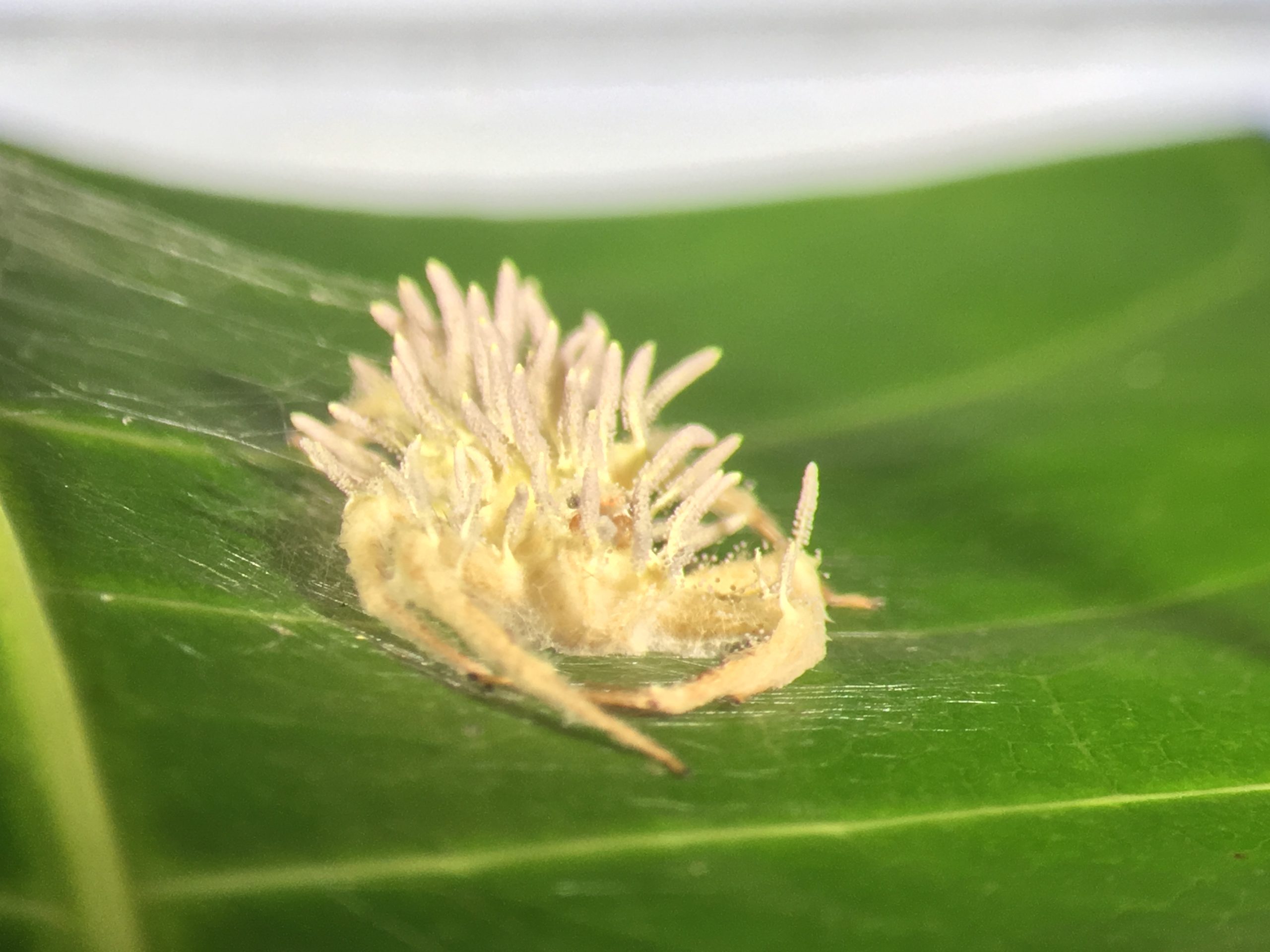
Format: Intro activities & lectures at UF; local and extended field trips.
Estimated Cost to attend: $500
Title: PCB4460 – Precision Modeling of Human Genetics Diseases in the Model Organisms
Instructor: Dr. Xiaofei Bai
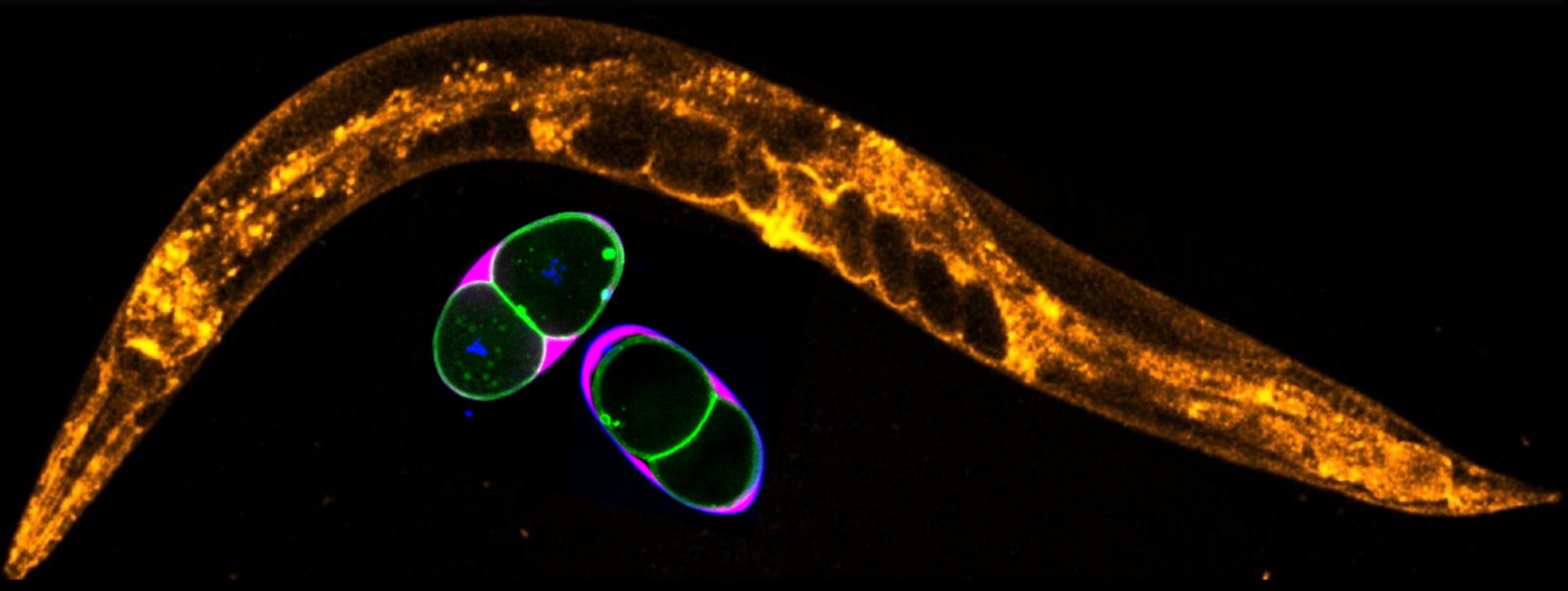
There are approximately 7000 rare (or orphan) diseases being identified in humans, approximately 80% of which are associated with a single gene, while the molecular mechanisms and effective treatments for most of those diseases have not been clearly defined and developed.
This immersion course will provide hand-on experiences using the nematode model system Caenorhabditis elegans, which contains approximately 3000 disease-associated genes. Students will receive instruction on designing and applying the novel and powerful gene-editing technique CRISPR/Cas9, with a focus on establishing precision disease modeling in C. elegans.
Students will gain experience in basic molecular and cell biology techniques, including genotyping the variants in C. elegans by PCR and restriction enzyme digestion, usage of light microscope, microinjection system, as well as C. elegans maintenance and operation.
Format:
Estimated cost to attend: $600-750
Title: ZOO4205C/ZOO6927 – Invertebrate Biodiversity on Coral Reefs
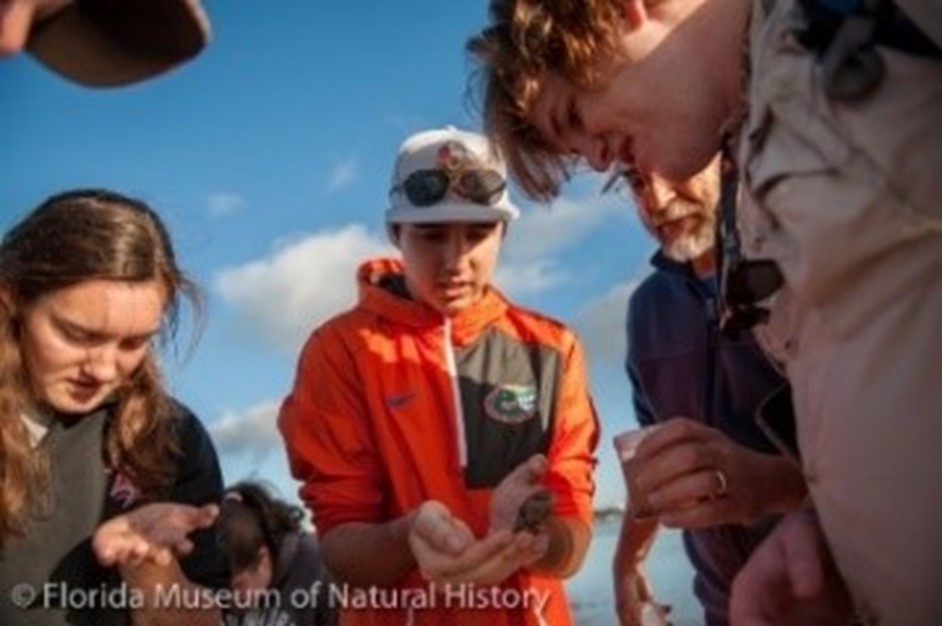 Instructor: Dr. Gustav Paulay
Instructor: Dr. Gustav Paulay
This graduate and undergraduate course uses the rich marine life of coral reefs to investigate animal organization, evolution, and biodiversity. Students will explore reef and near-reef communities to learn about marine biodiversity and ecology. You will learn how to recognize and identify the major groups of marine animals, how they are organized and function, and their evolutionary history and ecological roles. About four weeks at field sites in San Salvador, Curacao, or Florida, and one week in Gainesville.
Format: Lectures, labs at CARMABI field station, field trips.
Estimated cost to attend: $2,768
**This is an international course and will require a valid passport**